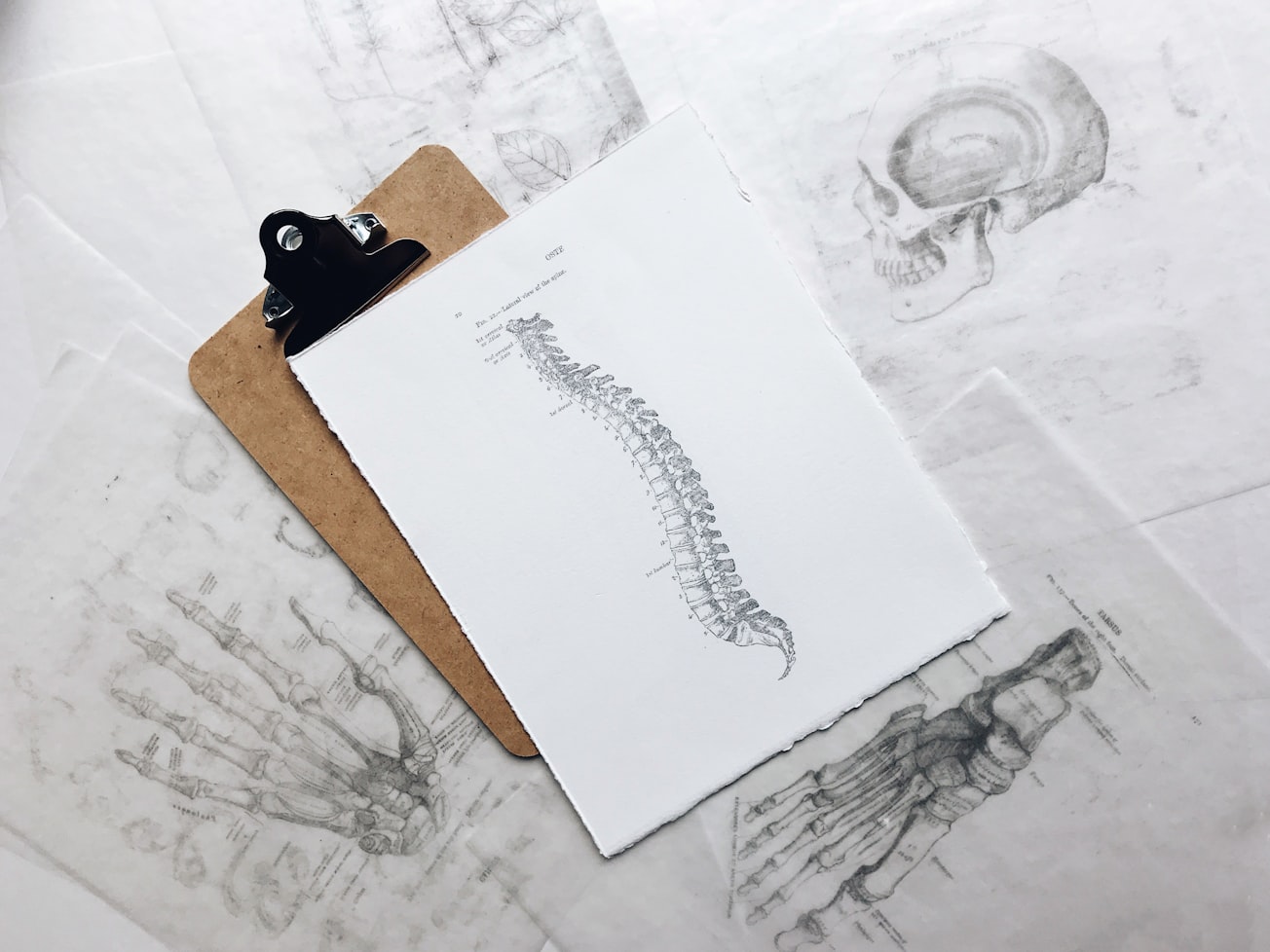What is it about?
A qualitative study, discussion and practical recommendations to help us overcome the challenges associated with the physiotherapy management of suspected cauda equina syndrome.
Featured Image

Photo by Joyce McCown on Unsplash
Why is it important?
Cauda equina syndrome (CES) is rare, but its symptoms are not and musculoskeletal physiotherapists frequently encounter persons with suspected CES. Given that delayed diagnosis of CES can result in devastating consequences for affected persons and costly litigation for healthcare organisations, it is imperative that persons presenting with suspected CES are well managed. However, this may present a challenge to physiotherapists. It is important to be aware of these challenges and this paper makes practical recommendations to minimise risk and optimise wellbeing for the sake of clinicians, organisations and persons receiving care.
Read the Original
This page is a summary of: Physiotherapists' experiences of managing persons with suspected cauda equina syndrome: Overcoming the challenges, Musculoskeletal Care, October 2020, Wiley,
DOI: 10.1002/msc.1504.
You can read the full text:
Resources
Contributors
The following have contributed to this page










